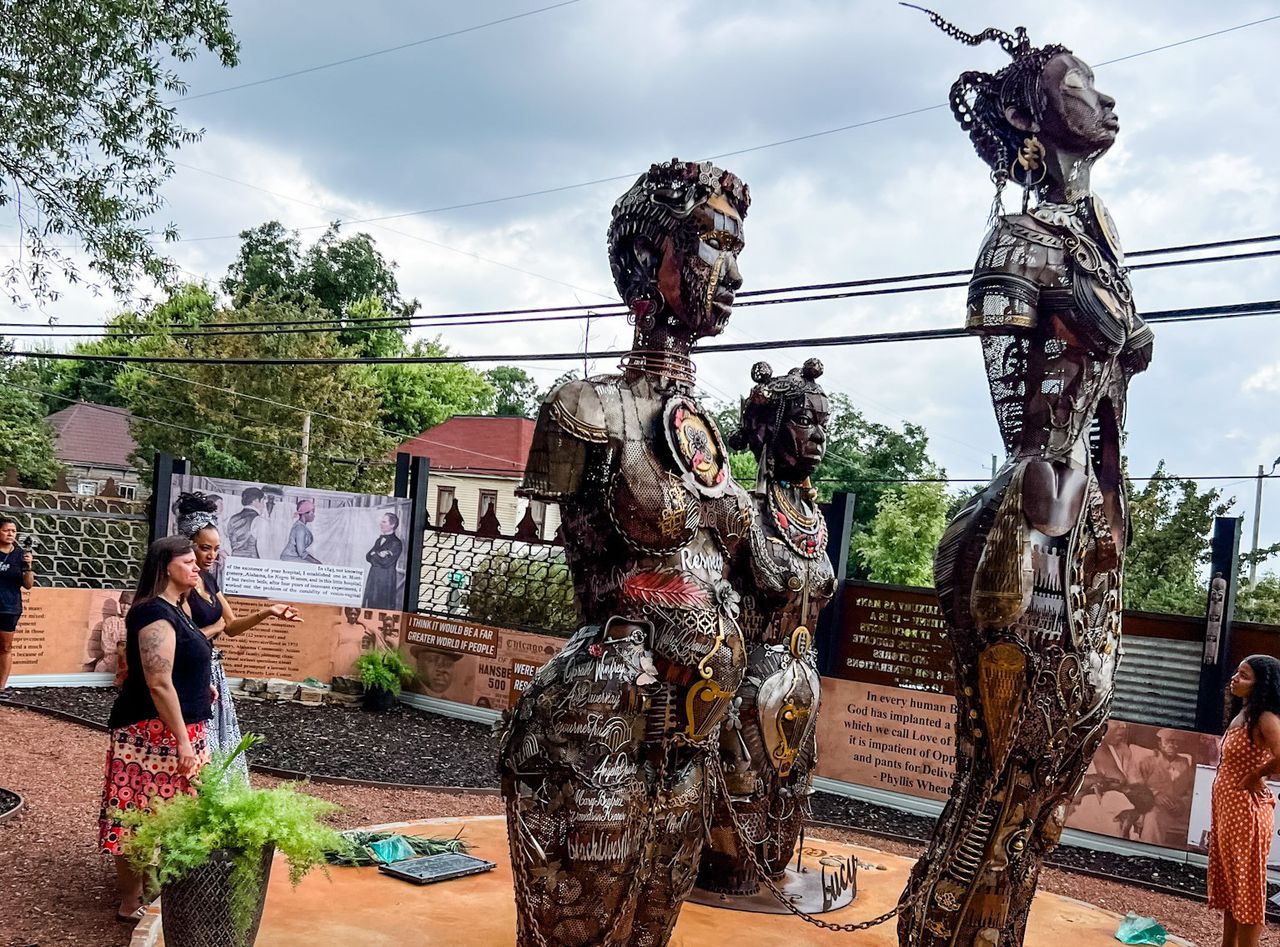Midwives declare victory over âde facto banâ on birth centers
Midwives and advocates for midwife-led birth centers are celebrating an Alabama court ruling that blocks what they called overly restrictive regulations that threatened to erase their industry in the state.
The decision by the Fifteenth Judicial Circuit Court in Montgomery Friday blocked the Alabama Department of Public Health from continuing its current policy regarding more stringent rules for midwife centers.
Following the ruling in Oasis Family Birthing Center et. al. v. Alabama Department of Public Health, advocates say that centers complying with standards set by the American Association of Birth Centers can secure licenses from ADPH to operate. Further, existing providers will be able to resume providing pregnancy care around the state.
“We are pleased that the court put an end to the Alabama Department of Public Health’s unlawful and dangerous de facto ban on birth centers, allowing the dedicated providers in this case to offer pregnant Alabamians the essential health care they need in birth centers throughout the state,” Whitney White, a staff attorney with the ACLU Reproductive Freedom Project said in a statement.
A group of midwives and doctors filed the case in August saying that ADPH’s new rules created uncertainty around the legal status of birth centers that provide midwife-led care by asserting that all such birth centers require a “hospital” license, even though they exclusively provide midwifery care to low-risk patients.
Midwives said that ADPH had made it impossible for birth centers to attempt to obtain a license and created an unlawful and unjustified dilemma for their practitioners. They said the state’s action led to the shutdown of one center earlier this year in spite of its strong safety record.
Plaintiffs said the state’s de facto ban was especially harmful in a state with the third highest maternal mortality rate in the nation, with Black women making up a disproportionate share of maternal deaths.
The March of Dimes has labeled more than a third of Alabama counties as maternity care deserts, lacking obstetricians or hospitals with labor and delivery units.
Alabama also has the sixth highest infant mortality rate in the nation, with Black infants making up a disproportionate number of these deaths. One factor playing into this concerning trend is the growing number of maternal health deserts in the state.
Obstetrical care provider Stephanie Mitchell of Gainesville, Ala. told AL.com in August that some women she sees in rural Sumter County travel 75 or 100 miles to receive care.
“People shouldn’t be forced to go without pregnancy care,” Mitchell said. “They shouldn’t be forced to go without adequate prenatal care or postpartum care or have to drive long distances to get the care they need. It should be available in their communities. Expanding access to midwifery and birth centers in places like Sumter County is a life-or-death situation for many families.”
Mitchell is the first Black professional midwife licensed in Alabama since the 1970s.
The ruling means Oasis Family Birthing Center in Birmingham, Alabama Birth Center in Huntsville, Birth Sanctuary in Gainesville, and others may resume operation.
All three birth center founders said they had raised money or taken out loans to construct facilities for labor and delivery. The new ADPH rules left them stuck paying the bills for centers that patients wanted but could not use.
“I think regulations are a great thing,” Mitchell told Reckon for a story in September. “The goal is to keep people safe. But if the regulations are too stringent, you run the risk of not ever being able to open.
“These antiquated rules, as written, eliminate the possibility of my birth center and these other birth centers in the state to operate.”
The lawsuit was filed by the American Civil Liberties Union, the ACLU of Alabama, and Bobby Segall of Copeland Franco on behalf of Oasis Family Birthing Center in Birmingham, Heather Skanes, M.D., Alabama Birth Center in Huntsville, Yashica Robinson, M.D., Birth Sanctuary in Gainesville, Stephanie Mitchell DNP, CNM, CPM, and the Alabama affiliate of the American College of Nurse-Midwives.
